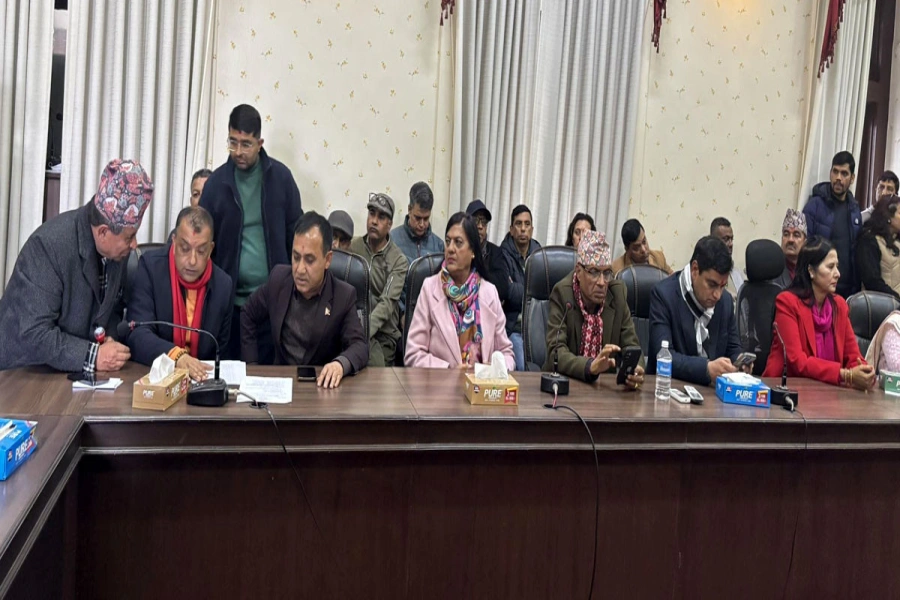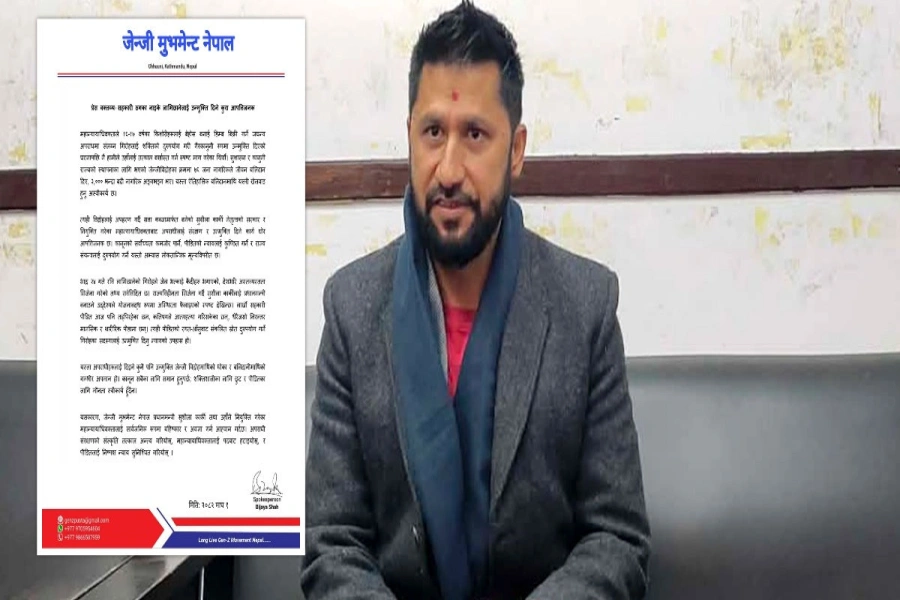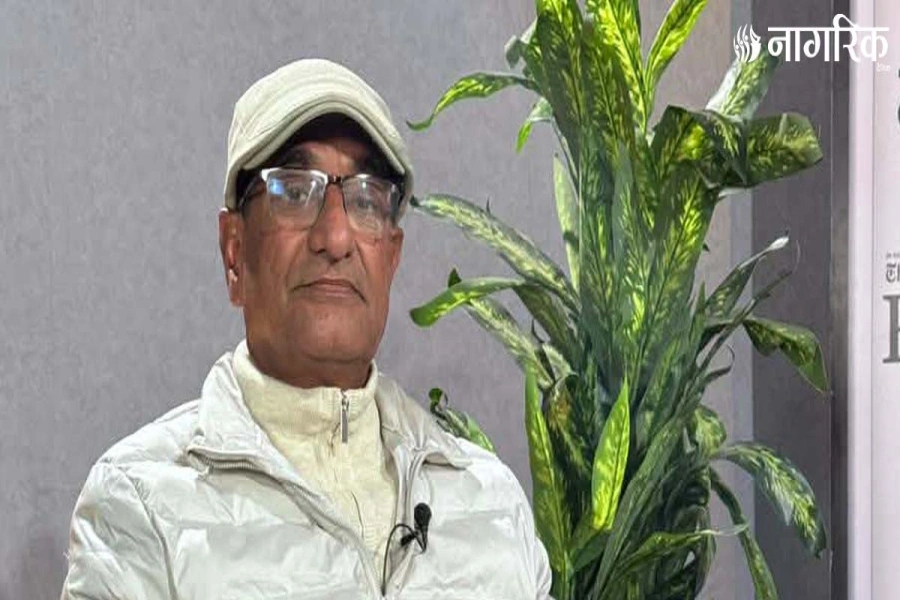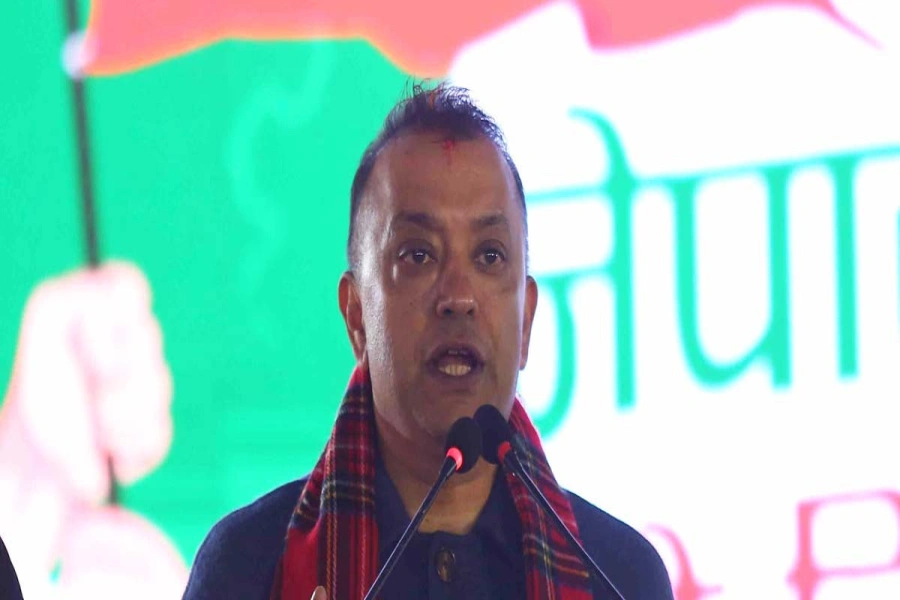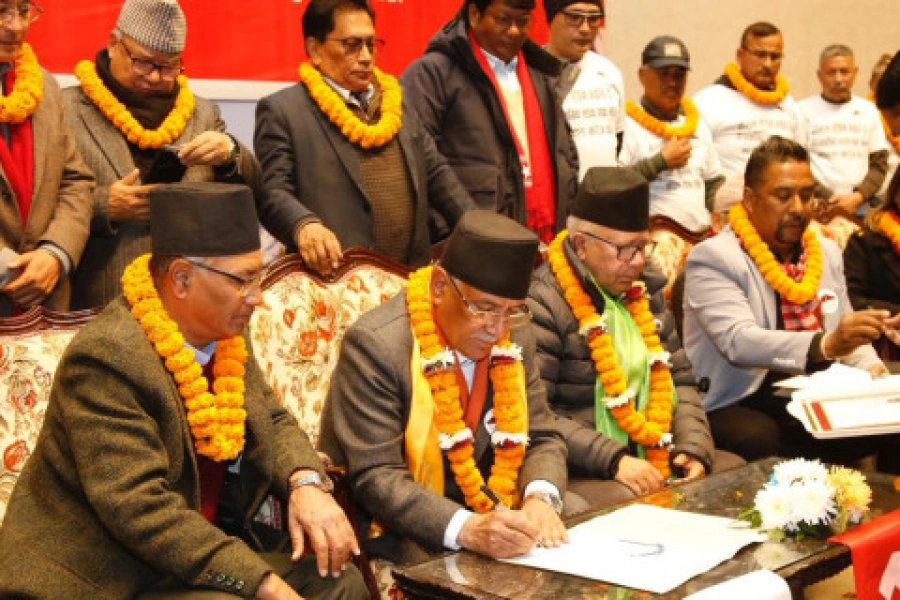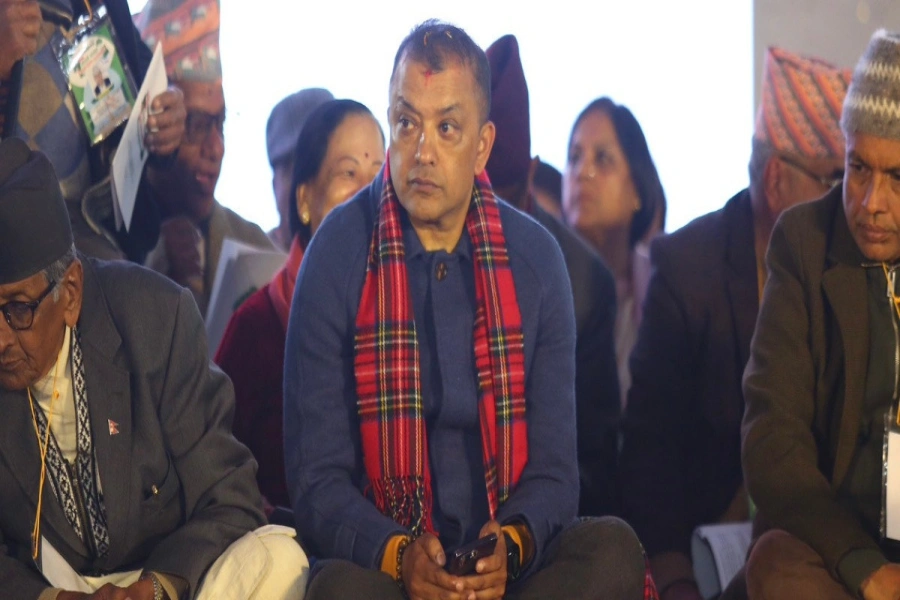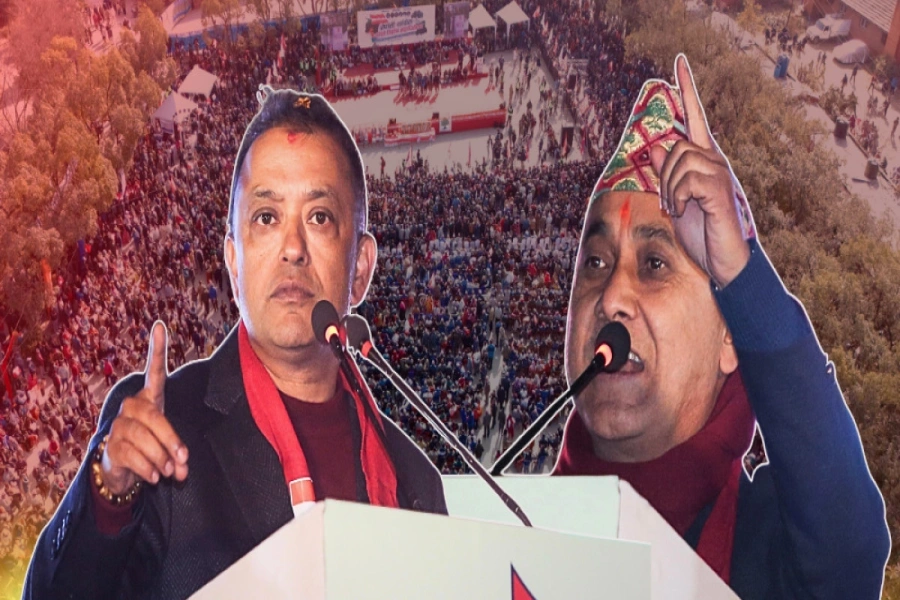KATHMANDU, March 16: A storm broke out at the judiciary and ended with Chief Justice Gopal Parajuli stepping down. But there is no sign of any reform in the wake of the storm.
There are promises and initiatives for reform. The Supreme Court, the Judicial Council, the Judicial Service Commission and the Office of the Attorney General have been at work and have made promises time and again. But there is no reform at the judiciary that is visible to the public.
Acting Chief Justice Deepak Raj Joshee, while assuming the top position in the judiciary on Thursday, also expressed his commitment to reform. Asked by the media what guarantee he could give to keep the judiciary intact, he replied: “I shall try my best.”
Chief Justice’s reform initiatives

Former justice Krishna Jung Rayamajhi, who retired from the apex court 15 years ago, is very much worried over the current situation of the judiciary. “I can hardly believe the current changes,” he added.
Even though people have been commenting on the judiciary it has never tried to bring about convincing reforms. It has not met the expectations of the times. The working style, its procedures and the time consuming ways remain the same for every piece of business. Corruption and irregularities are the other problems. The judiciary is facing so many strange problems. There is new technology in use but the same stereotype reigns in work at the courts.
“There might be both good and bad people but we cannot tolerate people of bad conduct or character as judges,” Rayamajhi said adding, “Even though people may think that judges might have been taking bribes this is not true every time.”
Following the retirement of Chief Justice Gopal Parajuli there is heated debate in political and legal circles on how to bring reforms in the judiciary. There might be different views but a majority of people in the judiciary think that the practice of parliamentary hearings for apex court judges adopted a decade ago is the main reason for landing the judiciary in such a situation. This situation can be corrected if judges, court staff and lawyers start on a better track.
According to Rayamajhi, lawyers have to take the main responsibility for creating such a situation. “The judges are corrupt but lawyers also are not good.”
The image of the courts, judges and lawyers are in decline. As long as there is a practice of appointing judges at the recommendation of the political parties and they have to work as per the political power balance, this situation may continue for a few more years. Unless there is a guarantee of being able to hold one’s position on the basis of qualification, experience and performance, things may not change.
Unless the judiciary can keep interest groups at bay it cannot be changed. Those who have spent a lifetime practising in the judiciary, including senior advocates Krishna Prasad Bhandari, Mahadev Yadav and Sarvagya Ratna Tuladhar, worry over the situation of the judiciary. More than 80 percent of needy people are still excluded from access to the judiciary but no one is worry about ensuring them such access when they need it.
According to former justice of the apex court Balaram KC who retired six years ago, the tendency in the judiciary is to divide and rule and the interest groups are also very active. “The judicial leadership is not doing anything to break out of this situation,” he said adding, “If the situation is not improved at the earliest, it may lead us toward further problems.”



